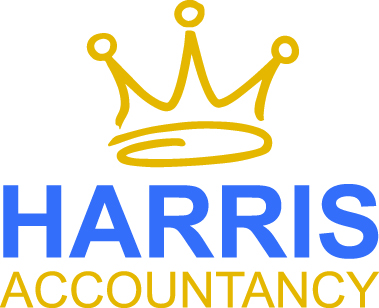 Important reminders for newly formed companies:
Important reminders for newly formed companies:
Record keeping
As per the regulation we are required to keep all business-related records for 6 years from the end of the last financial year end. Except in certain circumstances like, the records show transaction relating to more than one year; The company has received funding that requires documents to be kept for longer or if the company accounts/tax returns are submitted late.
Just to highlight the importance of keeping records, HMRC can impose penalties if the records are inadequate. These penalties start at £500 for first offense or £250 if in first year of trading or up to £3000 if it’s proved that you deliberately destroyed the documents.
Directors should try and keep their business transactions separate from their personal bank accounts and expenses. If required, one may have to present personal bank statements to prove the expense took place if the expense was incurred by the director. This is very common when starting up new business. It is highly recommended that a separate bank account should be opened in the business name and ‘Expense claim forms’ used to claim back expenses incurred from a director’s’ personal bank account.
Book-Keeping
Book-keeping is simply keeping track of all the financial records of your business. These financial records include any sales and income, purchases and expenses, receipts or payments.
Smaller Businesses with fewer transactions may decide to use simple spreadsheets with the following column headings; date; details; account; amount in and out and a fund column if you have more than one grant.
Other larger organisations may use more advanced spreadsheets or bookkeeping software which can be a quicker and more effective way to record company information for example QuickBooks, Sage or Kashflow.
One of the main advantage of up to date book keeping is that it reduces your year-end accountancy bill. This avoids unexpected bills from your accountants.
If your bookkeeping is up to date, then you will always know what your financial situation is and how much you owe or are owed. This can be vital in the success of your business as it assist with maintaining good cash flow.
Accurate bookkeeping is key when making business decisions as it gives you a clear view on how well your business is doing. This also helps you when budgeting for any future decisions.
Accounts and Tax for Companies House and HM Revenue and Customs
Standard requirements for Companies registered.
| Item | Deadline |
| File your company’s annual accounts with Companies House | 9 Months after your company’s financial year ends |
| File your Company Tax Return with HMRC | 12 months after your company’s financial year ends |
| Pay the Corporation Tax due to HMRC | 9 months and 1 day after your company’s financial year ends |
| Confirmation statement (Annual return) | 14 days after every anniversary of the company |
……………………………………………………………………………………………………………………………..
Below are a few other things to keep in mind when making decisions and preparing your accounts for Companies House/HMRC:
- Companies house will not accept abbreviated financial statements anymore due to changes in accounting standards (FRS102) (for accounting periods starting on or after 01/01/16). Instead Abridged financial statements need to be filed.
- Accounts are prepared based on invoice date – not on when cash is received or paid out. This often confuses people as your accounts may show a loss even though your bank account has a balance.
- Not all grants are tax free. It is essential to know the difference between a grant and a contract. This could possibly result into 20% of unspent grants to be paid in corporation tax.
- Director’s salary need to be reflected separately in the accounts especially for CICs and Social enterprises.
- Use of expense claim forms to keep book keeping tidy when claiming back money from the company for expenses incurred from personal bank account for business purposes.
- Use of mileage claim forms for business miles ONLY. Fuel cannot be claimed from the business unless the vehicle is in the company name.
(We can send you templates of these forms, please email [email protected])
- When paying money especially to directors, one must consider the employment status of the individual. It may be essential to run payroll in order to avoid triggering the IR35 legislation.




